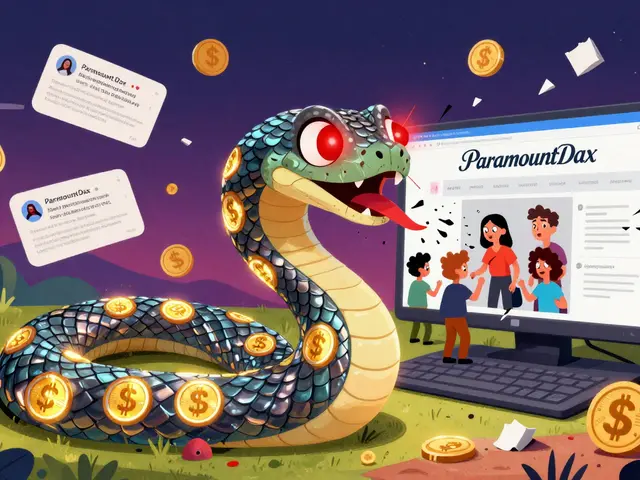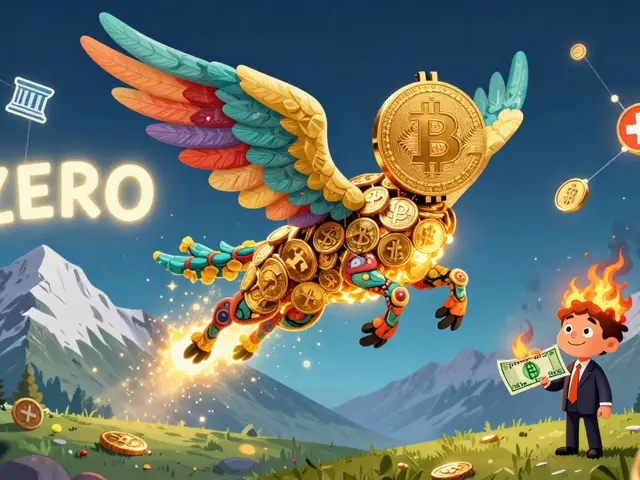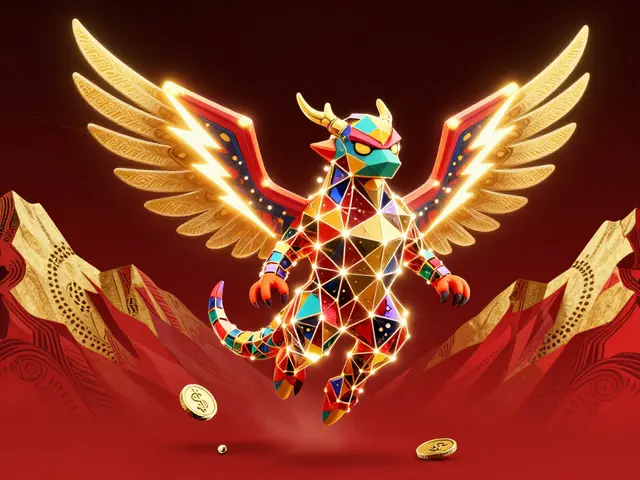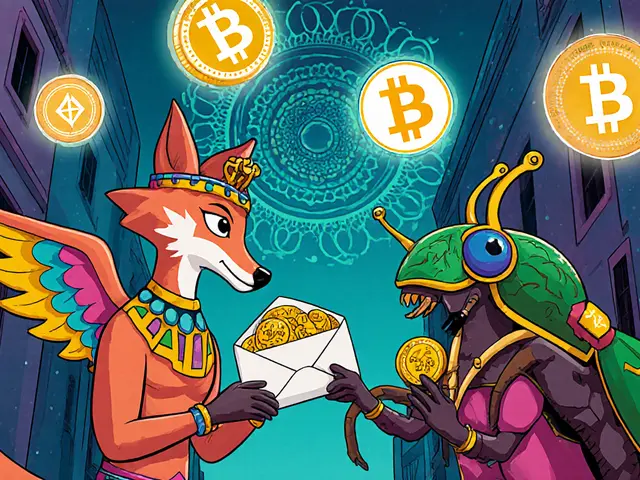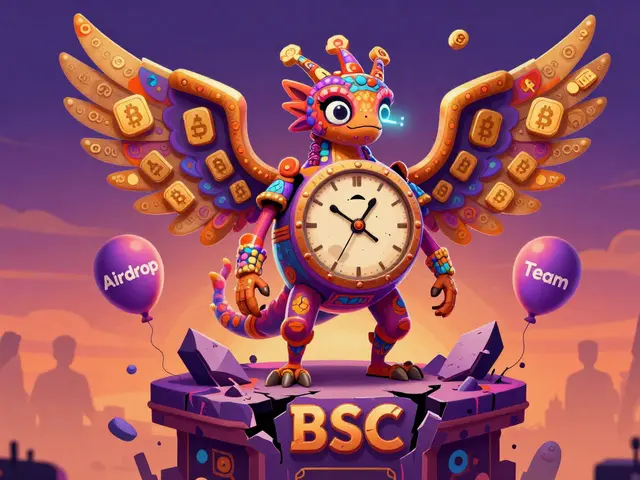Crypto Rewards Tax: What You Owe and How to Stay Compliant
When you earn crypto rewards, digital assets you receive from staking, mining, airdrops, or referral bonuses. Also known as crypto income, it's not a gift—it's taxable. The IRS, HMRC, and most major tax agencies treat these rewards like cash you’ve been paid. If you get 0.5 ETH from staking or 100 tokens from an airdrop, that’s income the moment you receive it—even if you don’t sell it.
Many people think crypto is anonymous or that if they didn’t cash out, they don’t owe anything. That’s a dangerous myth. The crypto airdrops, free tokens distributed by projects to users who meet certain criteria you claim, the staking rewards, earnings from locking up crypto to support a blockchain network you collect, and even the mining rewards, crypto earned by validating transactions using hardware you get from running a node—all trigger a tax event. You’re not taxed on the sale; you’re taxed on the receipt. The value at that exact moment becomes your cost basis, and if you later sell or trade those tokens, you’ll owe capital gains on any price change.
Tracking this isn’t optional. If you use multiple wallets, exchanges, or DeFi platforms, your reward history is scattered. Some platforms don’t even send 1099 forms. That means you have to manually log every reward: date, amount, USD value at receipt, and wallet address. Tools can help, but they’re only as good as the data you feed them. Missing one airdrop could mean underreporting income—and risking an audit.
There’s no global crypto tax law. The U.S. treats it as property. The UK taxes staking as miscellaneous income. Australia considers airdrops ordinary income. Canada has specific rules for mining. But everywhere, the principle is the same: if you got something of value without paying for it, the government wants its cut. Ignoring it won’t make it disappear. Crypto transactions are on-chain, permanent, and increasingly tracked by regulators.
What you’ll find below are real-world examples of how crypto rewards tax plays out—not theory, not guesses. We’ve pulled from posts about airdrops like ATA and SAKE, dormant tokens like FLY and BSL, and even platforms like KoinBX and GroveX where users earn rewards. You’ll see how people got caught, how they avoided penalties, and what simple steps you can take right now to stay clean. No fluff. No jargon. Just what you need to know before the next reward hits your wallet.

